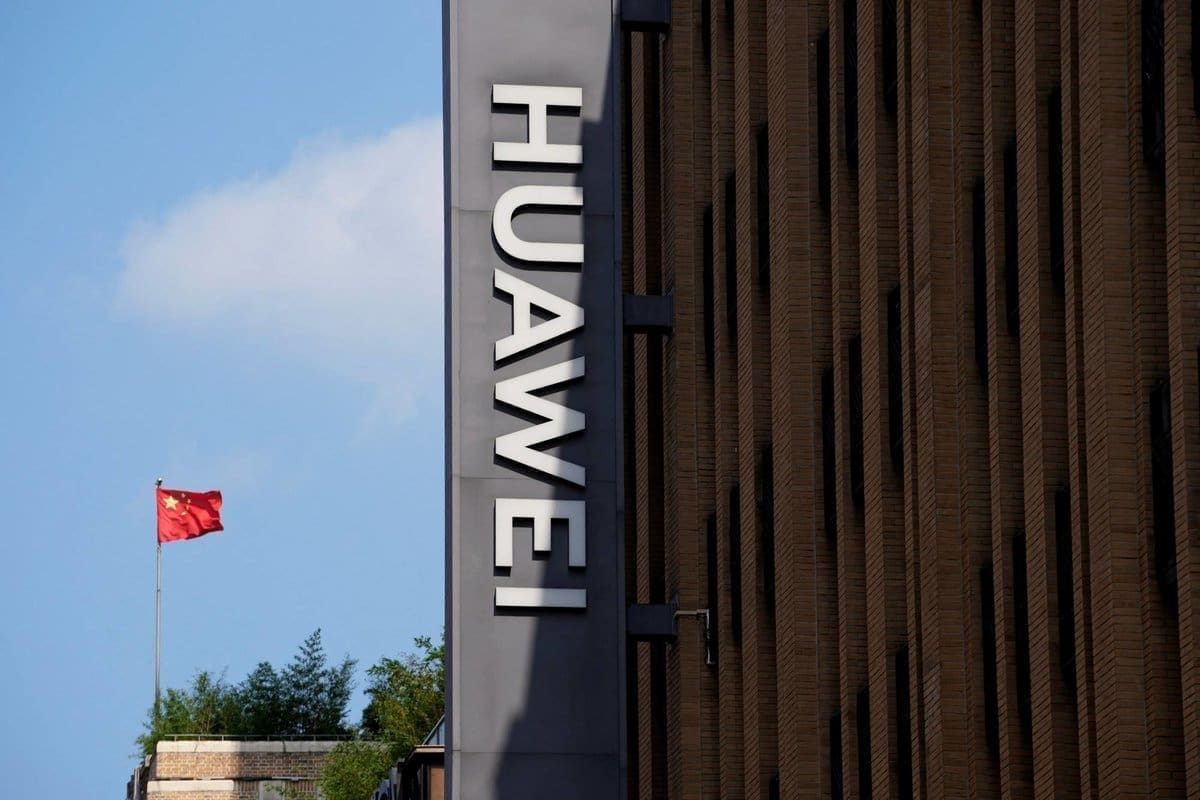NVIDIA has started accepting pre-orders for its new AI chip, H20, designed specifically for the Chinese market, according to a recent Reuters report, distributors are pricing the H20 chip on par with a competing product from Huawei, signaling NVIDIA’s continued commitment to the Chinese AI sector amidst tightening U.S. export restrictions aimed at hindering China’s AI and supercomputing capabilities for military use.

Comparative Analysis: H20 vs. Huawei’s Ascend 910B
The H20 chip, one of three chips NVIDIA is developing for China, offers lower computing power compared to NVIDIA’s flagship H100 chip and the recently banned H800 chip, its specifications also suggest it is less powerful in certain key areas than Huawei’s Ascend 910B chip, however, NVIDIA has priced the H20 chip competitively, with pre-order prices ranging between $12,000 and $15,000 per card, closely matching Huawei’s Ascend 910B priced at around $16,680.
Market Dynamics and Competitive Landscape
NVIDIA’s dominance in China’s AI chip market, previously over 90%, faces growing competition from local rivals, notably Huawei, the Ascend 910B chip has gained popularity amid concerns over further restrictions on access to NVIDIA’s products due to U.S. sanctions, despite this, the H20 chip remains a competitive option for applications requiring the interconnection of multiple chips to function as a single system, thanks to its superior interconnect speed.

Future Prospects and Production Plans
Distributors have informed clients that small batch deliveries of the H20 product might begin in Q1 2024, with larger quantities expected in Q2 2024. NVIDIA’s CEO, Jensen Huang, emphasized the importance of the Chinese market with recent visits to NVIDIA offices in Shenzhen, Shanghai, and Beijing, as NVIDIA plans to commence H20 production in Q2 this year, the tech giant remains a key player in the global AI landscape, navigating the complexities of international trade restrictions and competitive pressures.

